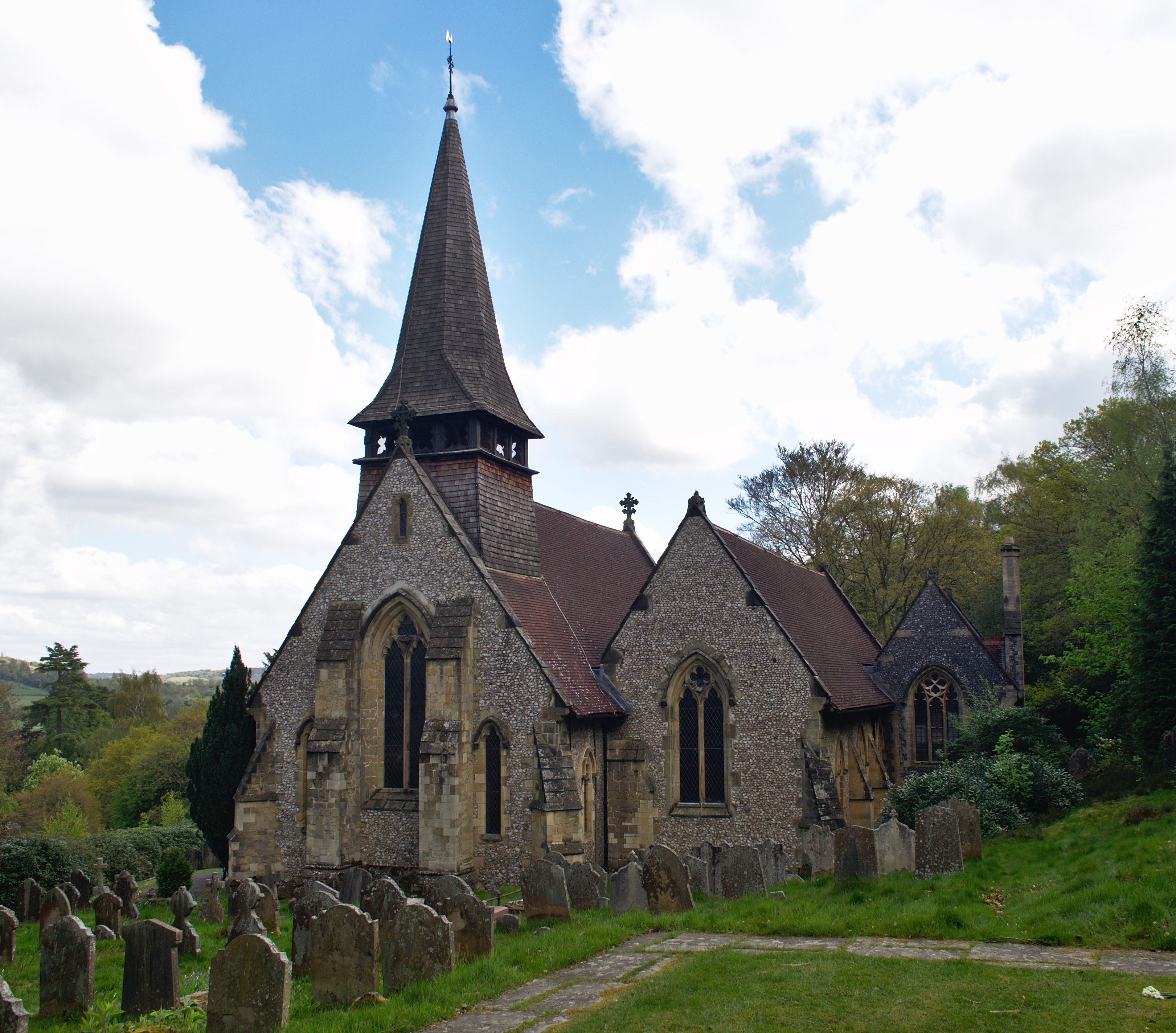|
Thomas Robert Malthus
Thomas Robert Malthus (; 13/14 February 1766 – 29 December 1834) was an English cleric, scholar and influential economist in the fields of political economy and demography. In his 1798 book '' An Essay on the Principle of Population'', Malthus observed that an increase in a nation's food production improved the well-being of the population, but the improvement was temporary because it led to population growth, which in turn restored the original per capita production level. In other words, humans had a propensity to utilize abundance for population growth rather than for maintaining a high standard of living, a view that has become known as the "Malthusian trap" or the "Malthusian spectre". Populations had a tendency to grow until the lower class suffered hardship, want and greater susceptibility to war famine and disease, a pessimistic view that is sometimes referred to as a Malthusian catastrophe. Malthus wrote in opposition to the popular view in 18th-century Europe tha ... [...More Info...] [...Related Items...] OR: [Wikipedia] [Google] [Baidu] |
Westcott, Surrey
Westcott is a semi-rural English village and former civil parish west of the centre of Dorking on the A25 between the North Downs and Greensand Ridge, making it one of the 'Vale of Holmesdale' villages (greatly in Westcott an AONB) and is in Surrey in the direction of Guildford. It is served by a local bus service and is from Dorking West railway station on the North Downs Line. Topography The village rainwater drains into the midsection of the Pipp Brook which comes from Wotton Common and sources in the parish (rising at its furthest source south at Leith Hill). The stream then flows past the village centre near its northern farmland, flowing into Dorking and discharging at the lowest part of Dorking's former other chapelry in Pixham. The village is dominated by its main road, the A25 and rests in a valley at the foot of the steep slopes of Ranmore and the North Downs to the north and Greensand Ridge to the south. Some of the village is in the Surrey Hills AONB a ... [...More Info...] [...Related Items...] OR: [Wikipedia] [Google] [Baidu] |
Alfred Russel Wallace
Alfred Russel Wallace (8 January 1823 – 7 November 1913) was a British naturalist, explorer, geographer, anthropologist, biologist and illustrator. He is best known for independently conceiving the theory of evolution through natural selection. His 1858 paper on the subject was published that year alongside extracts from Charles Darwin's earlier writings on the topic. It spurred Darwin to set aside the "big species book" he was drafting, and quickly write an abstract of it, published in 1859 as ''On the Origin of Species''. Wallace did extensive fieldwork, first in the Amazon River basin. He then did fieldwork in the Malay Archipelago, where he identified the faunal divide now termed the Wallace Line, which separates the Indonesian archipelago into two distinct parts: a western portion in which the animals are largely of Asian origin, and an eastern portion where the fauna reflect Australasia. He was considered the 19th century's leading expert on the geographical di ... [...More Info...] [...Related Items...] OR: [Wikipedia] [Google] [Baidu] |
Disease
A disease is a particular abnormal condition that negatively affects the structure or function of all or part of an organism, and that is not immediately due to any external injury. Diseases are often known to be medical conditions that are associated with specific signs and symptoms. A disease may be caused by external factors such as pathogens or by internal dysfunctions. For example, internal dysfunctions of the immune system can produce a variety of different diseases, including various forms of immunodeficiency, hypersensitivity, allergies and autoimmune disorders. In humans, ''disease'' is often used more broadly to refer to any condition that causes pain, dysfunction, distress, social problems, or death to the person affected, or similar problems for those in contact with the person. In this broader sense, it sometimes includes injuries, disabilities, disorders, syndromes, infections, isolated symptoms, deviant behaviors, and atypical variations of structur ... [...More Info...] [...Related Items...] OR: [Wikipedia] [Google] [Baidu] |
Famine
A famine is a widespread scarcity of food, caused by several factors including war, natural disasters, crop failure, Demographic trap, population imbalance, widespread poverty, an Financial crisis, economic catastrophe or government policies. This phenomenon is usually accompanied or followed by regional malnutrition, starvation, epidemic, and increased death, mortality. Every inhabited continent in the world has experienced a period of famine throughout history. In the 19th and 20th century, generally characterized Southeast and South Asia, as well as Eastern and Central Europe, in terms of having suffered most number of deaths from famine. The numbers dying from famine began to fall sharply from the 2000s. Since 2010, Africa has been the most affected continent of famine in the world. Definitions According to the United Nations World Food Programme, famine is declared when malnutrition is widespread, and when people have started dying of starvation through lack of access to suf ... [...More Info...] [...Related Items...] OR: [Wikipedia] [Google] [Baidu] |


.jpg)

